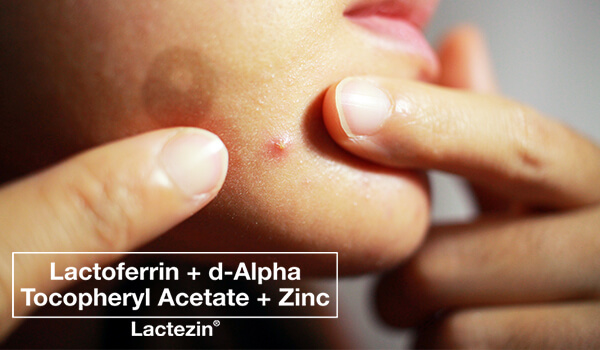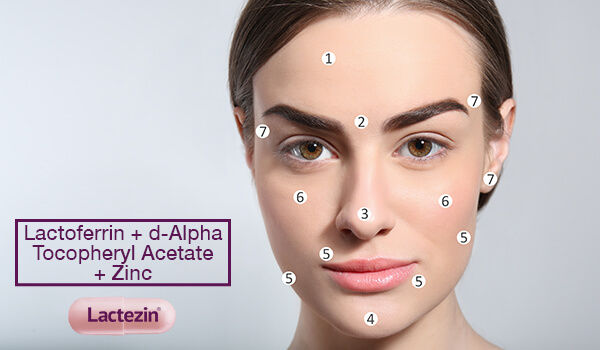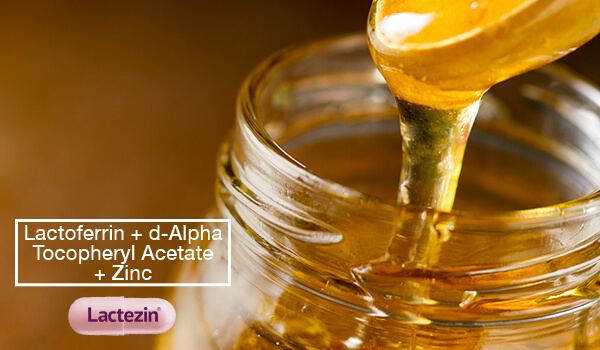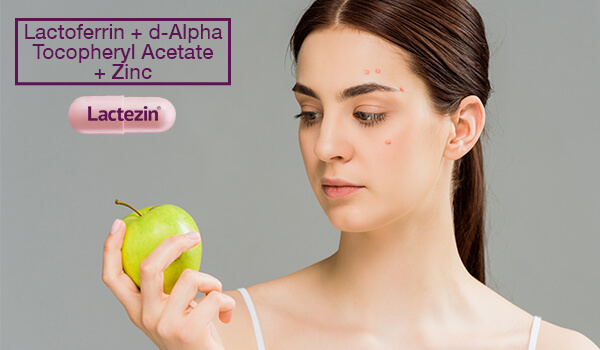Causes of Acne on the Chin and How to Treat Them

Chin acne can be troublesome but as they say, keep your chin up. It’s a struggle but once you get behind the causes of acne on the chin, it’s easier to make a plan to treat it.
Causes of acne on the chin
Acne occurs when your pores are clogged with oil and dead skin cells. Ideally, these dead skin cells are supposed to rise to the surface of the pores, then flake off. When you produce too much oil, these dead skin cells can clump together. These globs of oil and skin form into a plug that blocks your pores.
Also, bacteria that live naturally on your skin can sometimes get trapped behind these plugs. As the bacteria grow inside the pore, they cause the inflammation and redness that’s typical in pimples. Depending on the number of bacteria and inflammation, the pimple may develop a whitehead or become cystic.
You may have encountered the term face mapping, which is a technique that helps identify possible causes of breakouts by dividing different areas of your face into zones, which are connected to certain organs. This ancient Chinese method has been said to help you identify underlying health conditions based on where your breakouts occur.
It’s very common to get pimples on the chin. In the context of face mapping, this occurs because of hormones, particularly in women. Hormones called androgens are responsible for stimulating the production of sebum, which is the oil responsible for clogging pores.
For women, chin acne may fluctuate with monthly periods. Some women may also produce more androgens than others. Increased androgen production can be the result of a condition like polycystic ovary syndrome (PCOS).
Chin pimples may also be caused by stress. An increase in cortisol, which is the inflammatory stress hormone, can lead to excessive oil production and cause breakouts.
How to prevent and treat chin pimples
When it comes to the prevention of chin pimples and acne in general, it’s often the small things that make a big difference. If you’re on an acne care regimen, you probably have a good skincare routine that you maintain daily. But the habits that we overlook can actually help prevent pimples as well. You can reduce your risk of breakouts on the chin with some basic preventive steps:
- Wash your face, especially after sweating.
- Shampoo your hair regularly and take care to keep it away from your jawline.
- Use skincare products that won’t clog your pores (non-comedogenic).
- Try to avoid stress, which can affect your hormones. Some effective ways to manage stress include exercise, meditation, and deep breathing exercises. It also helps to have good sleeping habits.
- Keep a healthy diet. Research shows that high glycemic index foods such as white bread and sugary desserts seem to make breakouts worse. Dairy products and fried foods have also been linked to acne, but experts have yet to come to a conclusion. Still, it wouldn’t hurt to improve your diet, since it benefits the entire body.
- Wear an oil-free sunscreen daily, even when it’s cloudy or when you’ll be mostly indoors.
- Clean your sheets and pillowcases regularly.
- Avoid touching your chin and jawline. You don’t want more bacteria to end up on your skin.
- Use gentle hair removal techniques.
To treat acne successfully there are certain dos and don’ts you need to take note of:
- Wash your face only twice per day. Cleansing too often exacerbates acne.
- Steer clear from harsh cleansers and scrubs.
- Never pop your pimples. This can lead to inflammation and scarring.
- Don’t dry out your skin. Avoid alcohol-based astringents and remember to moisturize.
- Always wash your face before going to sleep. Never sleep with makeup on.
- Don’t try a new acne treatment every week. Give your skin time to adjust to your routine.
- For topical treatments, look for ingredients like salicylic acid glycolic acid and benzoyl peroxide. These all help to break down the bonds between dead skin cells, eliminating them from the surface of your skin and dissolving excess oil.
Treating pimples with Lactezin
If you have recurring pimples, one treatment option you can consider is Lactezin. Lactezin is an oral acne medication that helps treat pimples from the inside and may also prevent them from recurring. Click here to learn more about Lactezin.
Results are based on clinical studies and may vary depending on the individual. There is no guarantee of specific results. Please see the full disclaimer: Disclaimer
SOURCES:
http://stylecaster.com/beauty/face-mapping/
http://www.huffingtonpost.co.uk/amy-saunders/acne-face-mapping_b_8929868.html
https://www.naturalacneclinic.com/10-tips-for-how-to-get-clear-skin/
https://www.womenshealthmag.com/uk/beauty/skin/a707222/chin-acne/


